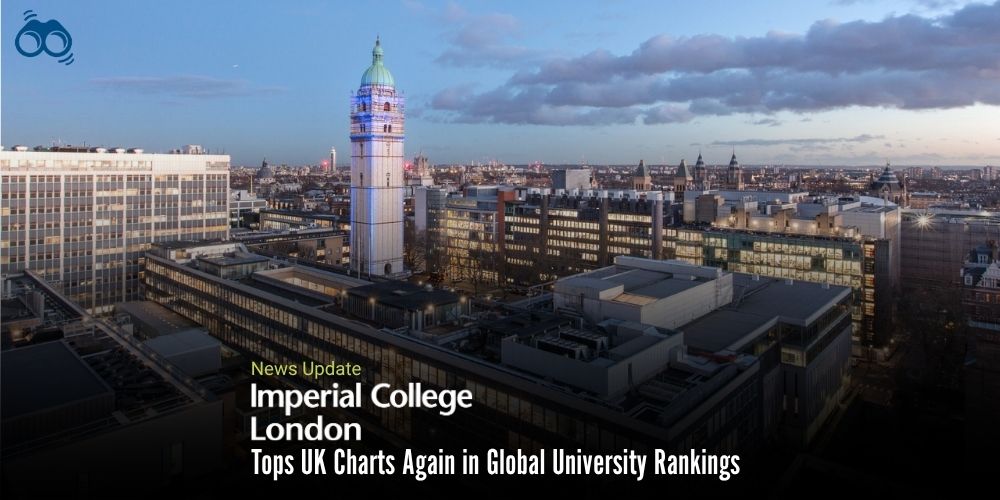QS 2026 Rankings: Imperial Rises, But Most UK Universities Decline
UK Higher Education at a Crossroads: Imperial Shines Amid Sectoral Slips
Imperial College London has firmly established itself as a global academic leader, attaining the distinction of being the highest-ranked university in the United Kingdom. In the latest QS Quacquarelli Symonds World University Rankings, it secured second place worldwide,surpassing both Oxford and Cambridge for the second year running.
This exceptional performance underscores Imperial’s enduring commitment to world-class research, technological innovation, and global influence. Positioned just behind the Massachusetts Institute of Technology (MIT), the institution continues to excel in science, engineering, medicine, and business, while attracting leading scholars and students from across the globe.
Meanwhile, Oxford dropped from third to fourth, and Cambridge shifted from fifth to sixth in the 2026 rankings. In total, four British institutions featured in the global top 10, with University College London (UCL) maintaining its ninth-place position. However, the broader picture for UK universities is mixed. Of the institutions evaluated, 54 saw a decline in their rankings, including the University of Glasgow, the University of Manchester, the University of Warwick, and the London School of Economics (LSE). By contrast, 11 universities retained their previous rankings, while 24 improved. Notably, the University of Sheffield and the University of Nottingham re-entered the global top 100, ranking 92nd and 97th, respectively.
Amidst these developments, Jessica Turner, Chief Executive of QS, raised concerns regarding the UK Government’s proposed reductions in capital funding, the introduction of an international student levy, and the shortening of the graduate visa period from two years to eighteen months. She cautioned that such measures could undermine the diversity and quality of British higher education and research.
Although the government reiterated its focus on research and development in its recent spending review, Turner emphasised that further investment and institutional support are essential for long-term stability. She highlighted that while the UK has historically performed strongly in the QS rankings, increased international investment is enabling global competitors to gain ground,or even surpass,UK institutions.
Turner urged both the government and universities to adopt a strategic approach to safeguard the quality and reputation of the UK’s higher education sector, which is crucial for sustaining a knowledge-based economy and maintaining the country’s global standing.The 2026 QS rankings reflect both the academic prowess of individual institutions and the broader policy challenges confronting the UK higher education landscape.
Editor’s Note:
Imperial College London’s rise to the top of UK university rankings is both remarkable and revealing. It shows that bold investments in research and innovation continue to pay off,yet it also exposes growing cracks in the foundation of British higher education. While we acknowledge Imperial's global achievements, we must address the concerning trends observed throughout the sector. With more than 50 UK universities experiencing a decline in recent rankings, it is evident that prestige alone is insufficient for global competitiveness. Funding reductions, stricter immigration regulations, and diminished support for international students convey an undesirable message at a critical juncture. Higher education transcends mere rankings; it is fundamental to shaping futures, fostering economic growth, and cultivating global talent.
Skoobuzz firmly believes that to maintain the UK's leadership in knowledge and discovery, proactive measures, rather than mere commendation, are imperative.Robust universities necessitate substantial support. We must proactively safeguard our world-class institutions before they face decline.














0 Comments (Please Login To Continue)